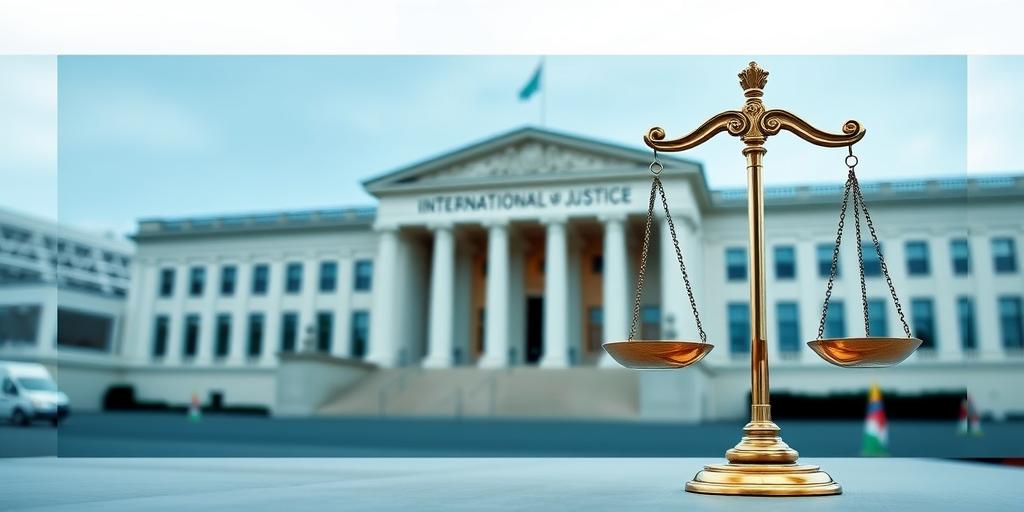The International Court of Justice (ICJ), established in 1945, serves as the principal judicial organ of the United Nations. Its primary function is to settle legal disputes submitted to it by states and to provide advisory opinions on legal questions referred to it by authorized United Nations organs and specialized agencies. The rulings of the ICJ carry significant weight in international law and diplomacy, shaping state behavior and influencing the resolution of global conflicts.
Nature and Scope of ICJ Rulings
ICJ rulings are binding on the parties involved in the dispute. Article 94 of the UN Charter stipulates that all members of the United Nations undertake to comply with the decisions of the ICJ in any case to which it is a party. However, the enforcement of ICJ rulings is not always straightforward, as it relies on the willingness of states to comply and the involvement of the UN Security Council, which can issue recommendations or decide upon measures to be taken if a party fails to perform its obligations.
Impact on State Behavior
ICJ decisions can significantly impact state behavior in several ways:
- Resolution of Territorial Disputes: The ICJ has played a crucial role in resolving territorial disputes between nations. For example, the court has adjudicated disputes concerning land and maritime boundaries, helping to prevent potential conflicts.
- Clarification of International Law: Through its judgments and advisory opinions, the ICJ clarifies existing principles of international law and contributes to its development. These clarifications guide states in interpreting and applying international legal norms.
- Accountability for Human Rights Violations: The ICJ has addressed cases involving allegations of human rights violations, holding states accountable for their actions and setting standards for the treatment of individuals under international law.
- Promotion of Peaceful Settlement of Disputes: By providing a forum for states to resolve their disputes peacefully, the ICJ helps prevent escalation to armed conflict. Its decisions encourage states to adhere to international law and seek legal solutions rather than resorting to unilateral actions.
Challenges and Limitations
Despite its importance, the ICJ faces several challenges and limitations:
- Jurisdiction: The ICJ's jurisdiction is based on the consent of states. A state must recognize the court's jurisdiction, either through a specific agreement or by accepting the court's compulsory jurisdiction. This limits the ICJ's ability to address disputes when one or more parties do not consent.
- Enforcement: The enforcement of ICJ rulings depends on the cooperation of states and the involvement of the UN Security Council. However, the Security Council's effectiveness can be hampered by the veto power of its permanent members, which can prevent the adoption of resolutions aimed at enforcing ICJ decisions.
- Political Influence: The ICJ's decisions can be influenced by political considerations, particularly in cases involving sensitive political issues. States may exert pressure on the court or challenge its impartiality, undermining the court's legitimacy.
Conclusion
The rulings of the International Court of Justice have a profound impact on international law and diplomacy. They shape state behavior, contribute to the peaceful settlement of disputes, and clarify international legal norms. However, the ICJ faces challenges related to jurisdiction, enforcement, and political influence. Despite these limitations, the ICJ remains a vital institution for promoting the rule of law and maintaining peace and security in the international community.









